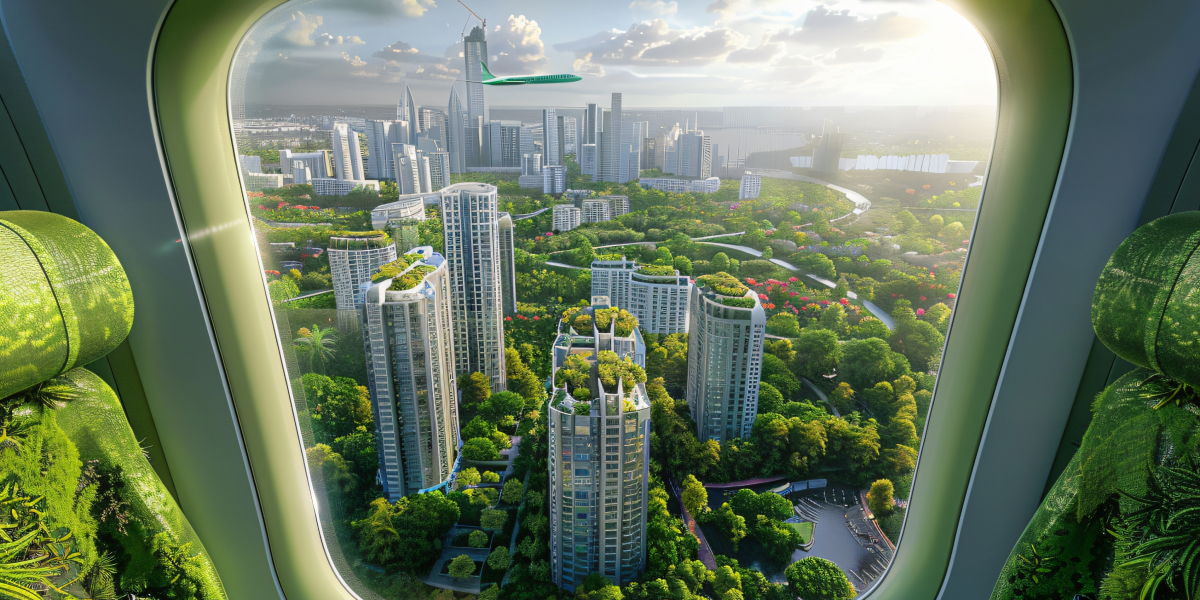Smart cities offer innovative solutions to address the environmental, economic, and social challenges faced by modern societies. Artificial intelligence (AI) emerges as a critical tool in enhancing the sustainability of these cities, providing revolutionary innovations in areas such as energy efficiency, waste management, transportation systems, and water resource management. AI-powered smart cities lay a strong foundation for building the sustainable cities of the future, creating more livable, efficient, and environmentally friendly urban environments.
Energy Management and Efficiency
AI optimizes energy management in smart cities, increasing energy efficiency and reducing carbon emissions. AI-powered energy management systems monitor the energy consumption of cities, optimize energy usage, and prevent unnecessary energy consumption. These systems analyze real-time data to balance energy supply and demand, ensuring that energy resources are used most efficiently. In the future, AI-powered energy management will play a key role in minimizing the carbon footprint of smart cities and establishing a sustainable energy infrastructure.
Smart Transportation Systems and Sustainability
AI optimizes transportation systems in smart cities, improving traffic flow and reducing energy consumption. AI-powered smart transportation systems monitor and analyze traffic congestion, preventing bottlenecks and enhancing transportation efficiency. Additionally, AI promotes the use of electric vehicles and optimizes public transportation systems, reducing reliance on fossil fuels. As a result, sustainable transportation solutions will become widespread in smart cities, significantly reducing their environmental impact.
Waste Management and Circular Economy
Waste management in smart cities becomes more sustainable with the use of AI. AI-powered waste management systems optimize processes such as waste sorting and recycling, reducing the overall amount of waste and increasing recycling rates. Moreover, AI supports cities in achieving their circular economy goals by ensuring more efficient use of resources. These innovative approaches are essential for enhancing the sustainability of smart cities and preserving natural resources.
Water Management and Resource Conservation
AI optimizes water management in smart cities, contributing to the conservation of water resources. AI-powered water management systems monitor and analyze water consumption, preventing waste and ensuring the sustainable use of water resources. Additionally, AI detects leaks in water networks and minimizes water losses. This ensures that water management processes in smart cities become more efficient, helping to protect water resources for the future.
Optimization in Energy Distribution with AI
Energy distribution in smart cities is optimized through AI technologies, enhancing energy efficiency and minimizing energy losses. AI-powered smart grids analyze real-time data to balance energy supply and demand and optimize energy flows. These systems increase energy security, making the energy infrastructure of cities more sustainable. In the future, AI-powered smart grids will become a cornerstone of energy management in smart cities.
Sustainability and Public Participation
AI enhances public participation in smart cities, facilitating the achievement of sustainability goals. AI-powered digital platforms encourage citizens to engage in city management and raise awareness about sustainability. These platforms are used to gather citizen feedback and adopt a more transparent and participatory approach to city governance. In this way, societal support for achieving sustainability goals in smart cities is secured, and sustainable living practices are promoted.
Why Is Sustainability in AI-Powered Smart Cities the Key to the Future?
AI-powered smart cities play an indispensable role in building the sustainable cities of the future. The use of AI in areas such as energy management, transportation systems, waste management, water resource conservation, and public participation ensures that smart cities achieve their sustainability goals. AI-powered technologies minimize the environmental impact of cities, creating more livable and efficient urban environments. For this reason, sustainability in AI-powered smart cities will be one of the most important keys to success in the urbanization processes of the future. AI stands out as a powerful tool in building a sustainable future.
